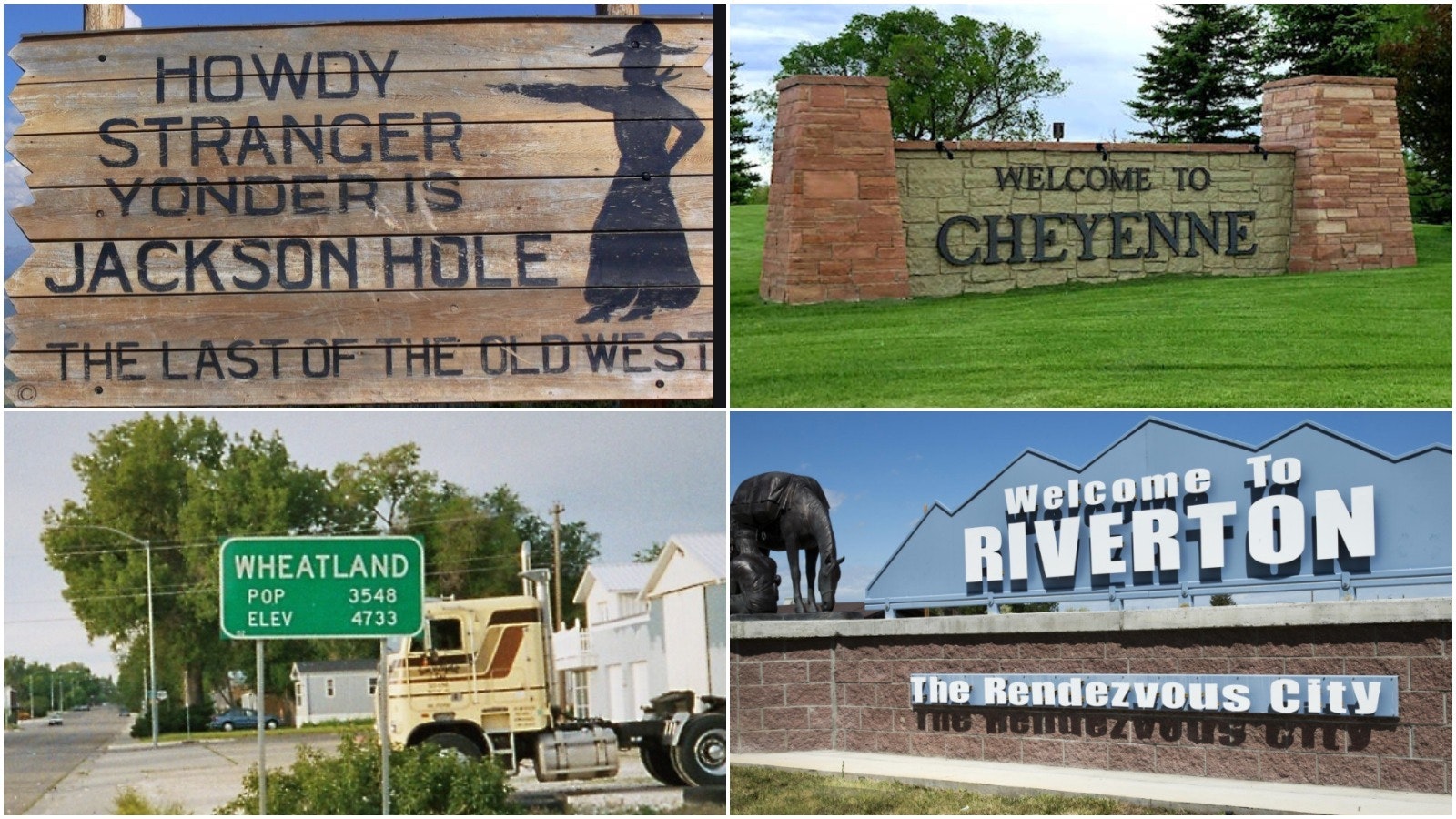Restaurants and bars in all but four of Wyoming’s counties will be allowed to open this week under exemptions to the statewide public health orders issued in mid-March.
Every county but Fremont, Laramie, Teton, and Platte have asked for, and received, state approval for exemptions or “variances” to the health orders put in place to slow the spread of the coronavirus.
Those three counties have the highest number of confirmed coronavirus cases in the state.
Platte County, one of only two counties with no verified cases of coronavirus, has received approval for its request to allow churches to resume holding services, however.
Gov. Mark Gordon and Dr. Alexia Harrist issued three public health orders in March to slow the spread of coronavirus.
One closed restaurants, bars, coffee houses and similar businesses expected to draw more than 10 customers at a time. Another closed businesses offering personal services, such as hair salons and tattoo parlors, and a third restricted gatherings to fewer than 10 people.
The order closing businesses offering personal services had already been relaxed and the order closing restaurants and bars is to be relaxed on Friday.
However, county officials were allowed to ask the state for variances to the statewide rules to allow certain businesses to open up before Friday.
The most recent variances were granted to allow indoor dining in Albany, Big Horn, Campbell, Converse, Crook, Sublette and Weston counties.
Restaurants in all 19 counties winning approval for their variances will have to follow safety guidelines, including requiring all patrons to be seated, seating no more than six people at a table, keeping tables at least six feet apart, requiring servers to wear face masks and disinfecting the business several times a day.
Similar guidelines will be in place when the statewide order is relaxed on Friday, Gordon has said.
Big Horn, Campbell, Crook, Sublette and Weston counties also won approval for their request to allow churches to conduct services.
While the statewide health orders did not specifically close churches, the limit on public gatherings of fewer than 10 people effectively made it impossible to conduct services in churches.
Churches will also be required to follow safety guidelines, including requiring household groups to sit six feet away from each other and requiring those who contact the public regularly to wear masks.





